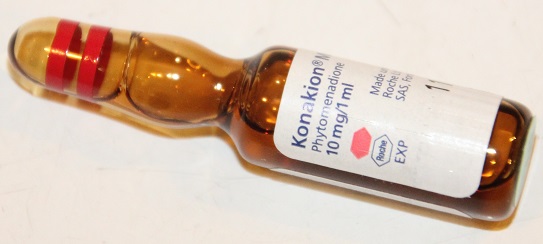
Foods high in vitamin K should be avoided if you’re on Coumadin. What foods should not be eaten when taking Coumadin? Foods to Avoid.

What vitamins can you not take when on warfarin? Common Vitamins NOT Safe For Use With Warfarin Vitamin K (90 mcg/day for women and 120 mcg/day for men and consistent amounts consumed daily is considered safe) Niacin Green Tea Soy Fish Oil Garlic Coenzyme Q10 Chamomile St. With the exception of liver, you may get protein from eggs, dairy products, beans, fish, poultry and lean cuts of meat. Other than cranberries, all fruits are acceptable, and, indeed, beneficial to include in your diet. What are the best foods to eat when you are taking warfarin? Brussel sprouts are ok to eat when taking warfarin. What foods should not be eaten when taking warfarin? Hence, when taking Warfarin Chronic Kidney Disease patients should avoid foods with large amounts of vitamin K which clots blood such as leafy vegetables spinach, kale, cabbage, asparagus, broccoli, Brussels sprouts, green onions, endive, lettuce, turnip, collard greens, mustard greens and even canola oil. What foods should not be eaten when taking warfarin? Warfarin is the generic name for the same drug. What is the difference between warfarin and Coumadin? Warfarin is the generic name for the anti-coagulant that inhibits vitamin-k dependent clotting factors “coumadin” is simply the brand name of the formulation made by a specific manufacturer. On the other hand, some people may see bright red blood in their stools, which is an indicator of fresh blood. Some patients are more apt to notice tarry, black stools, often indicating old blood. What are the signs of a warfarin overdose? The gastrointestinal tract can also be affected by a warfarin overdose, with one of the most obvious issues being blood in the vomit. But the drug is being prescribed to fewer than half of older people with a heart condition that puts them at high risk of stroke who would benefit from warfarin, a second study suggests. 31, 2011 (Paris) - The anti-clotting drug warfarin is safe and beneficial for people aged 80 and over, according to a new report. This is because warfarin inhibits the clotting process by reducing the amount of vitamin K in the blood. What foods should I avoid with a warfarin medication? Patients taking older anticoagulants, such as warfarin, were required to avoid eating foods that were high in vitamin K, such as cabbage, spring onions, broccoli, fermented soy products, Brussels sprouts, and kale and other leafy greens. Patients taking older anticoagulants, such as warfarin, were required to avoid eating foods that were high in vitamin K, such as cabbage, spring onions, broccoli, fermented soy products, Brussels sprouts, and kale and other leafy greens.


 0 kommentar(er)
0 kommentar(er)
